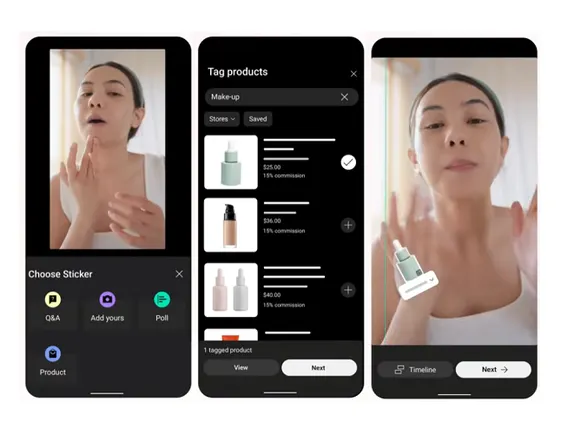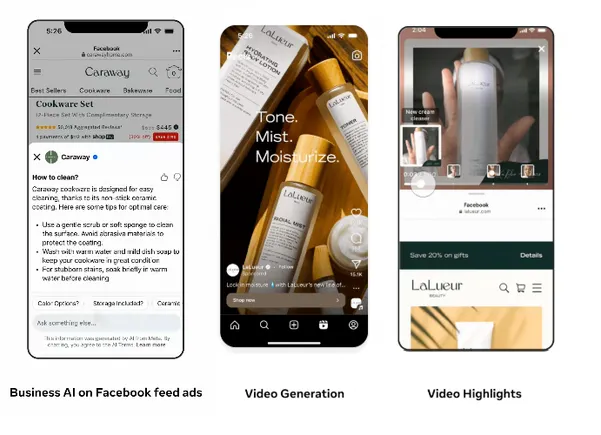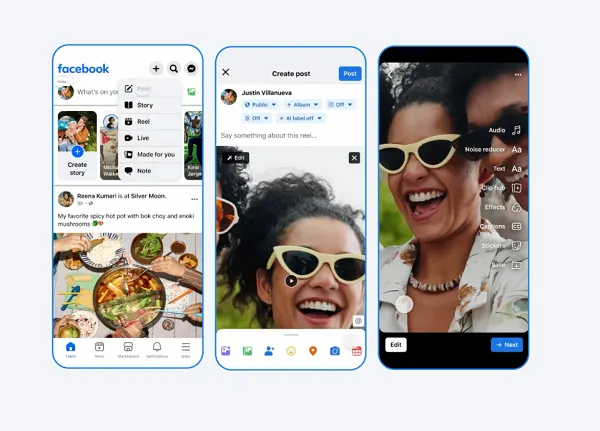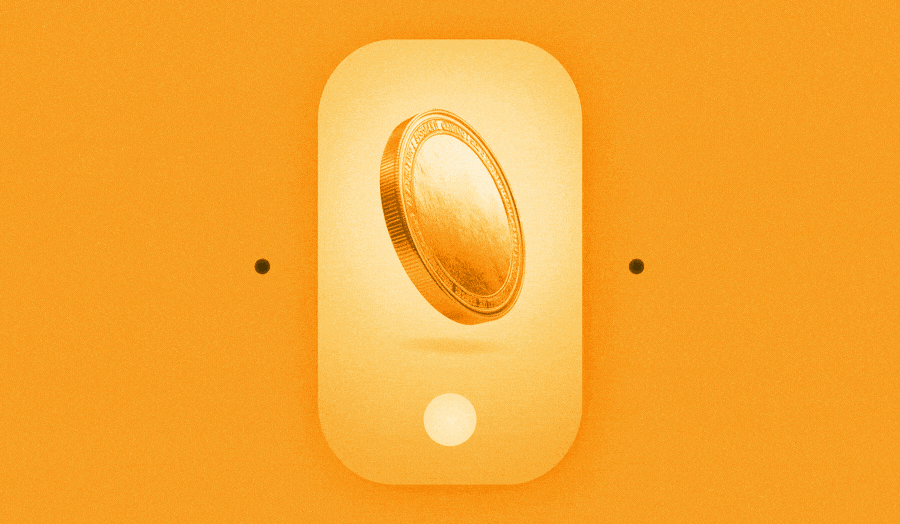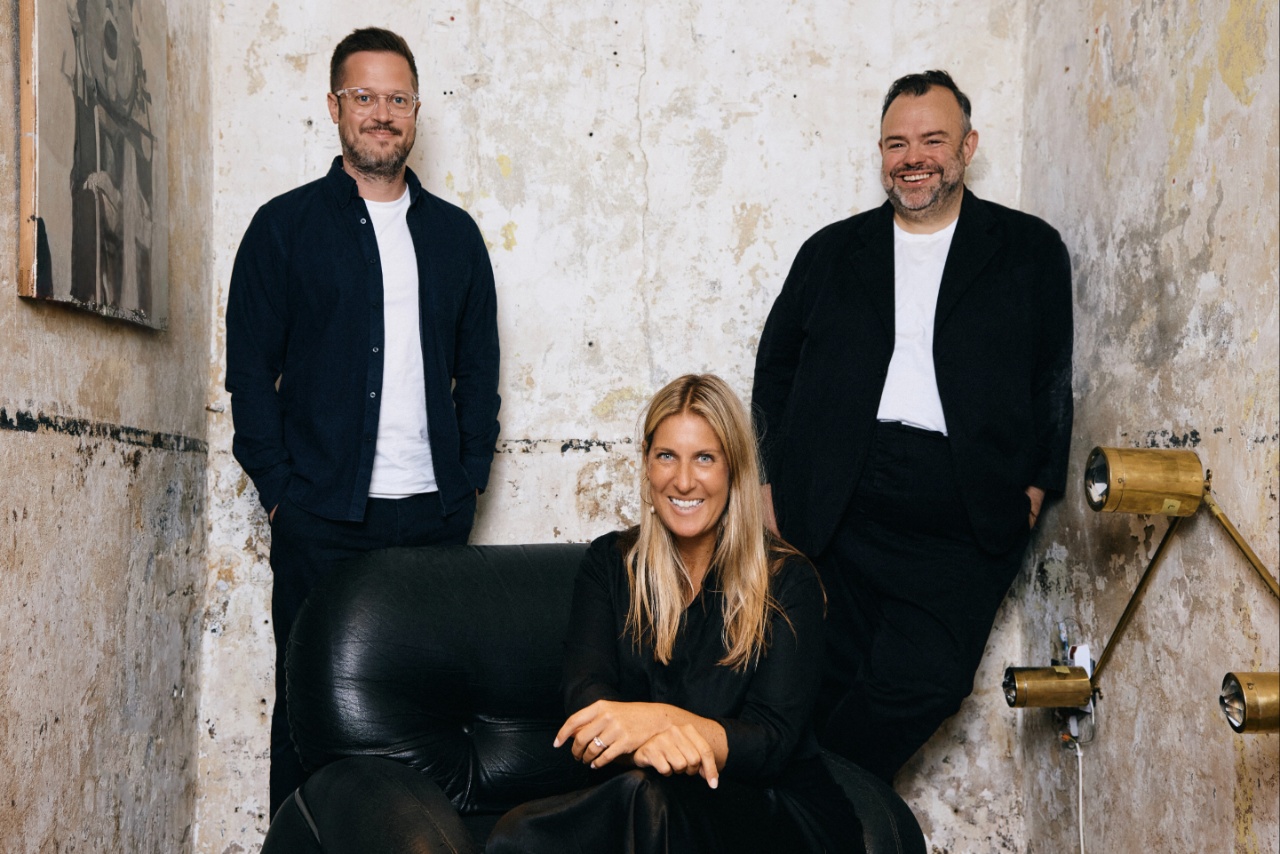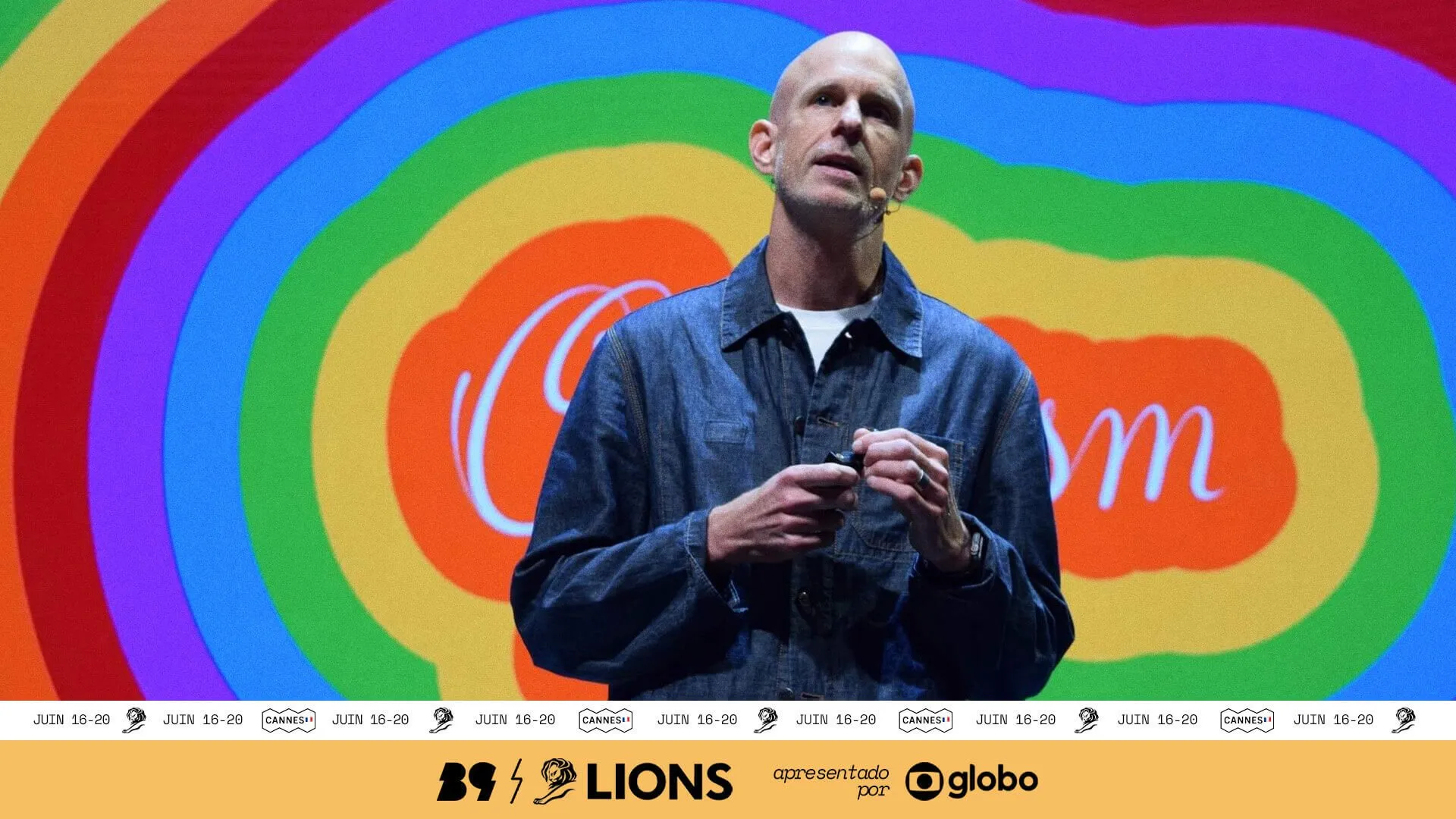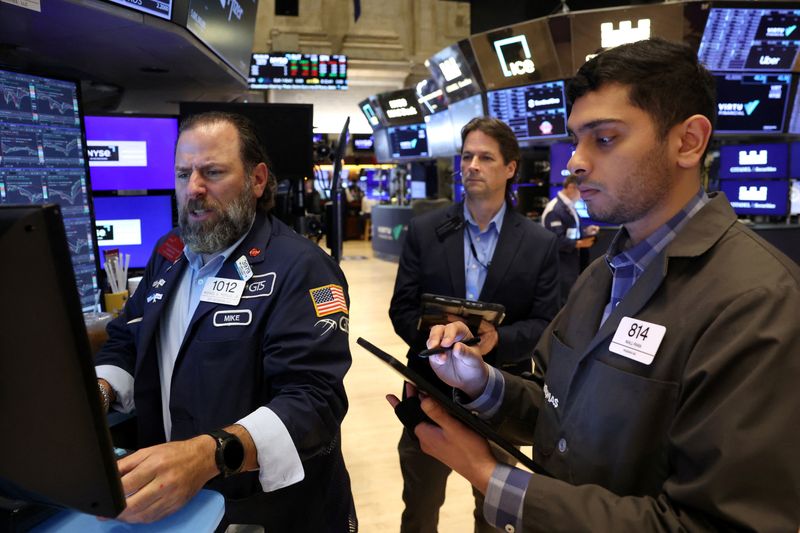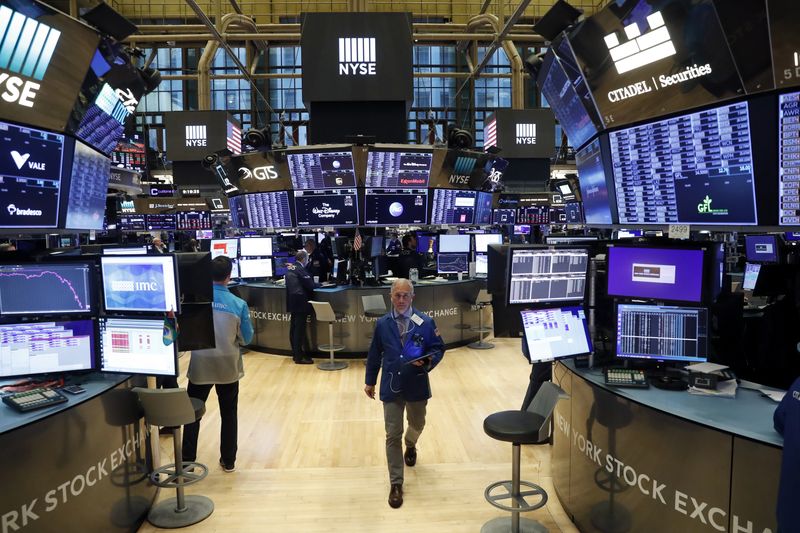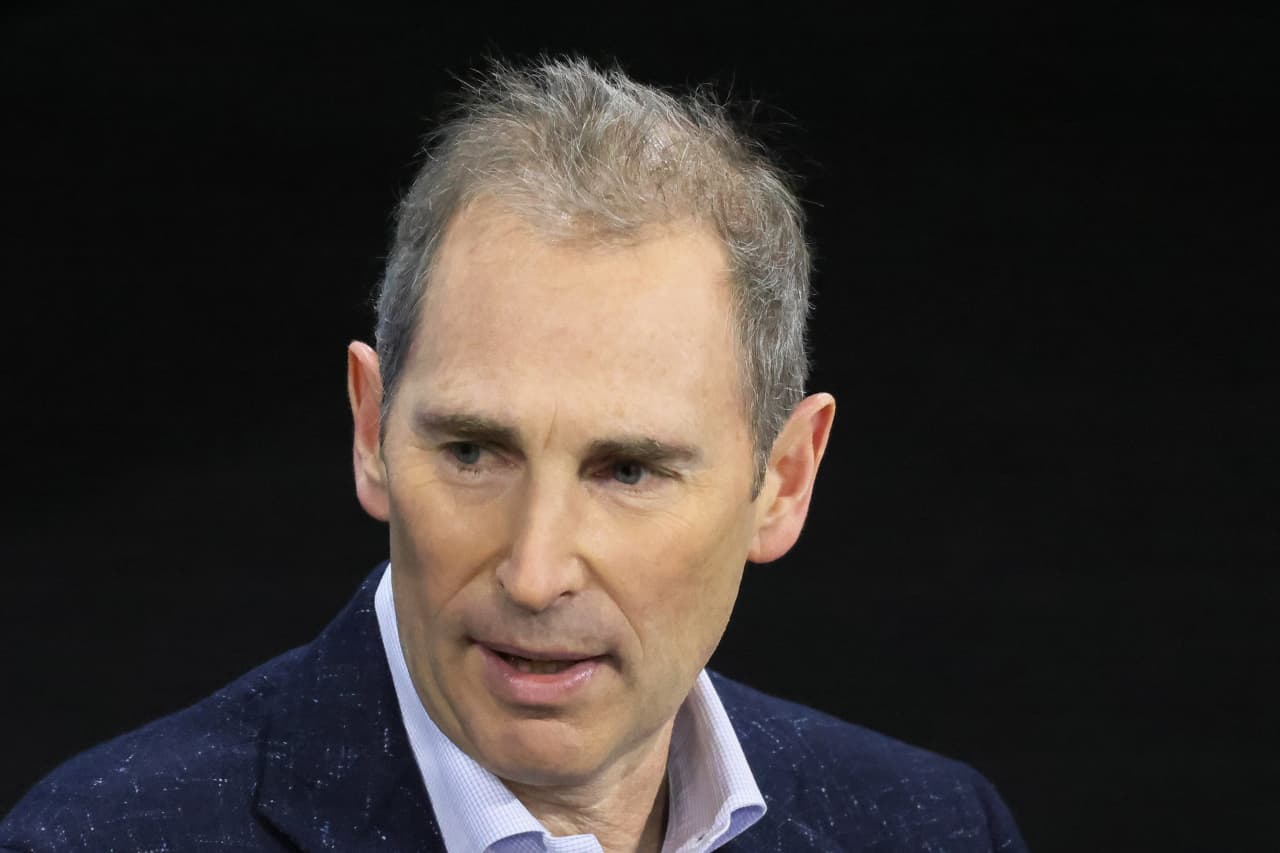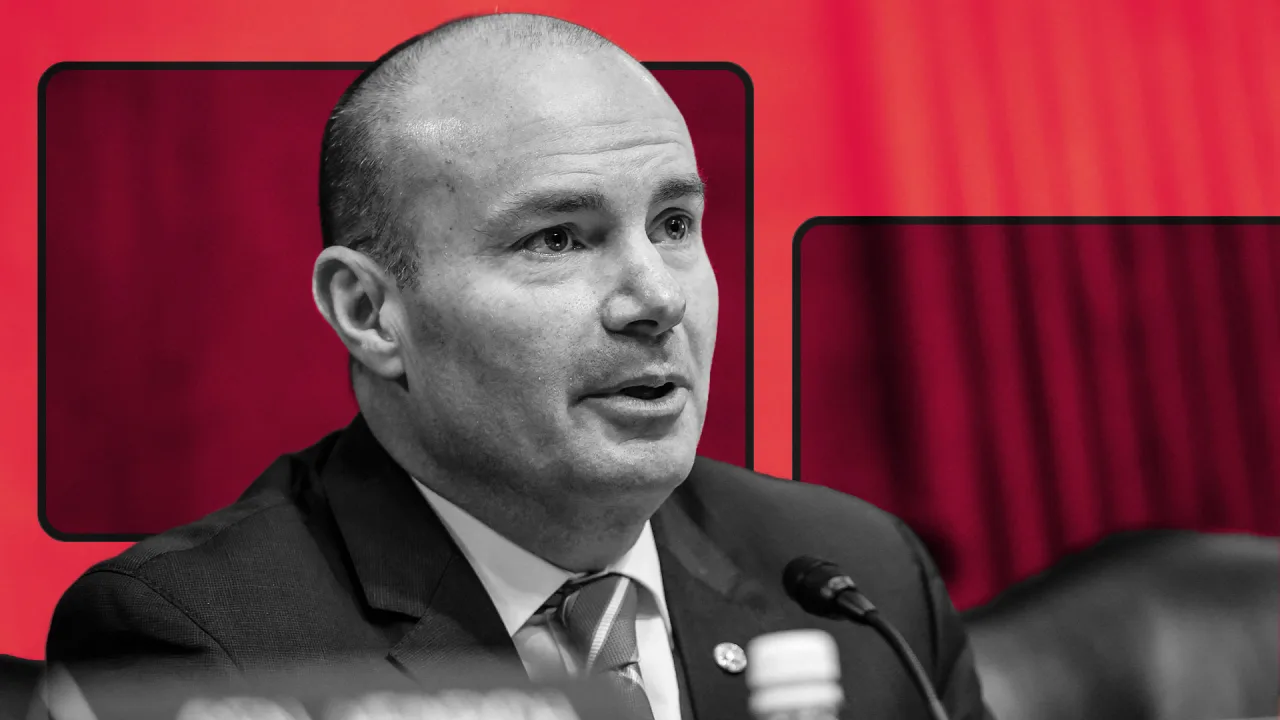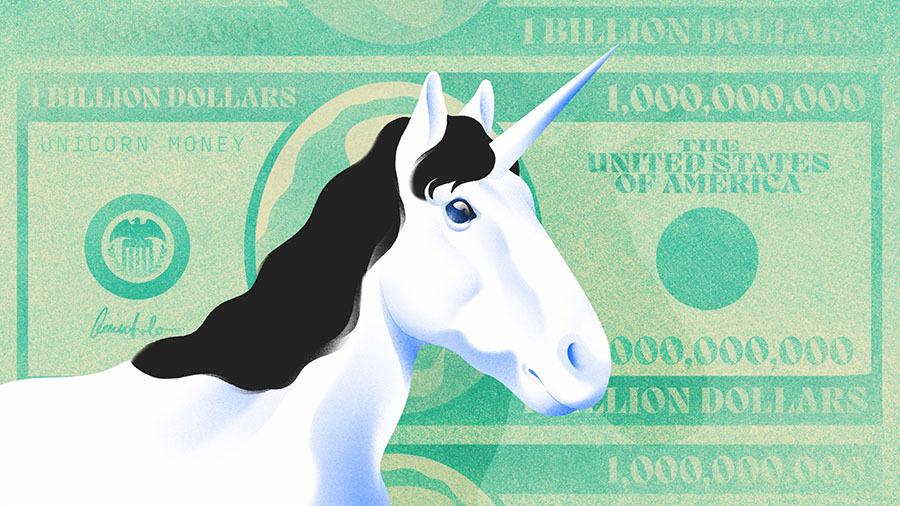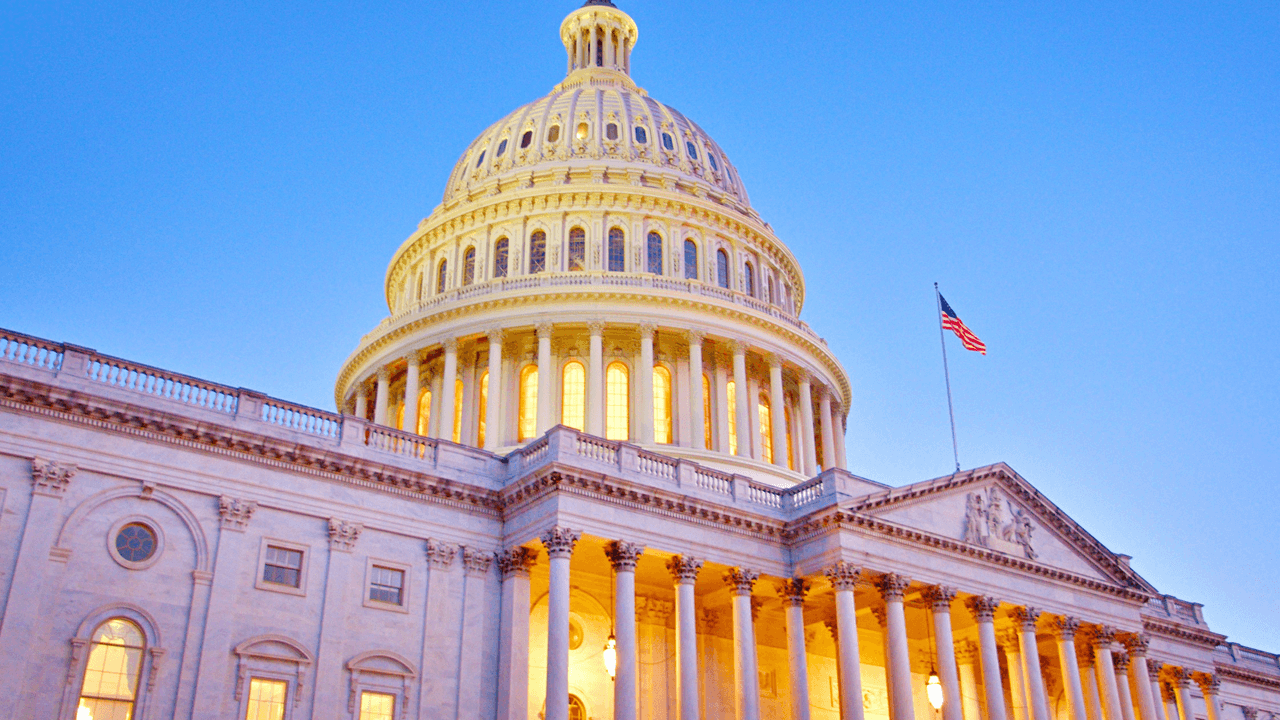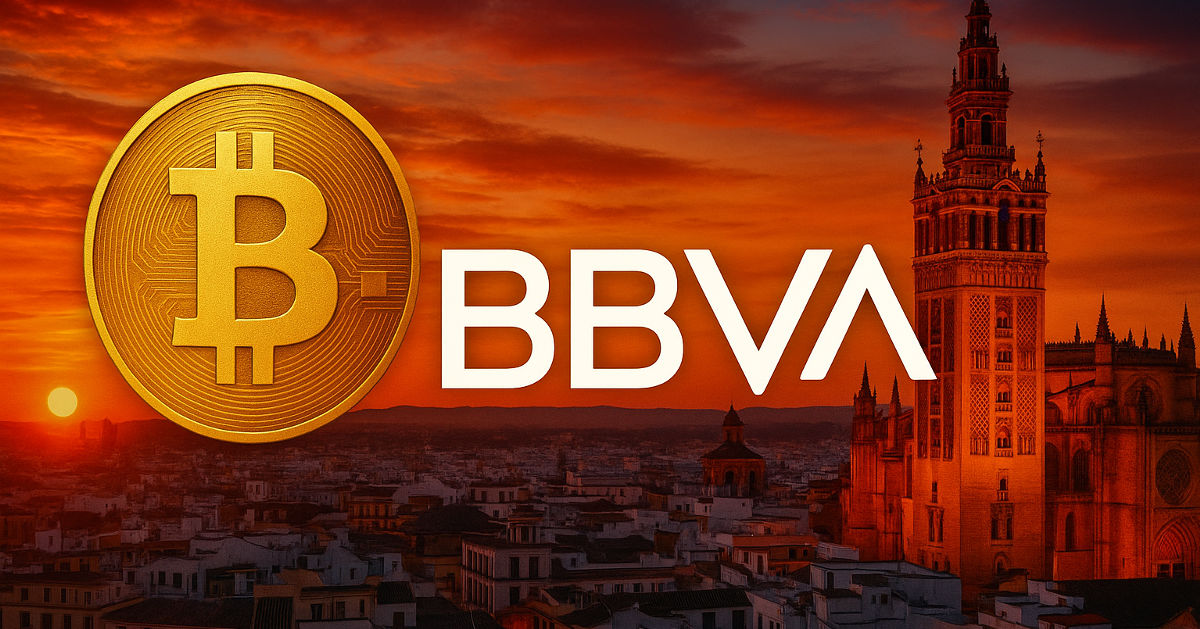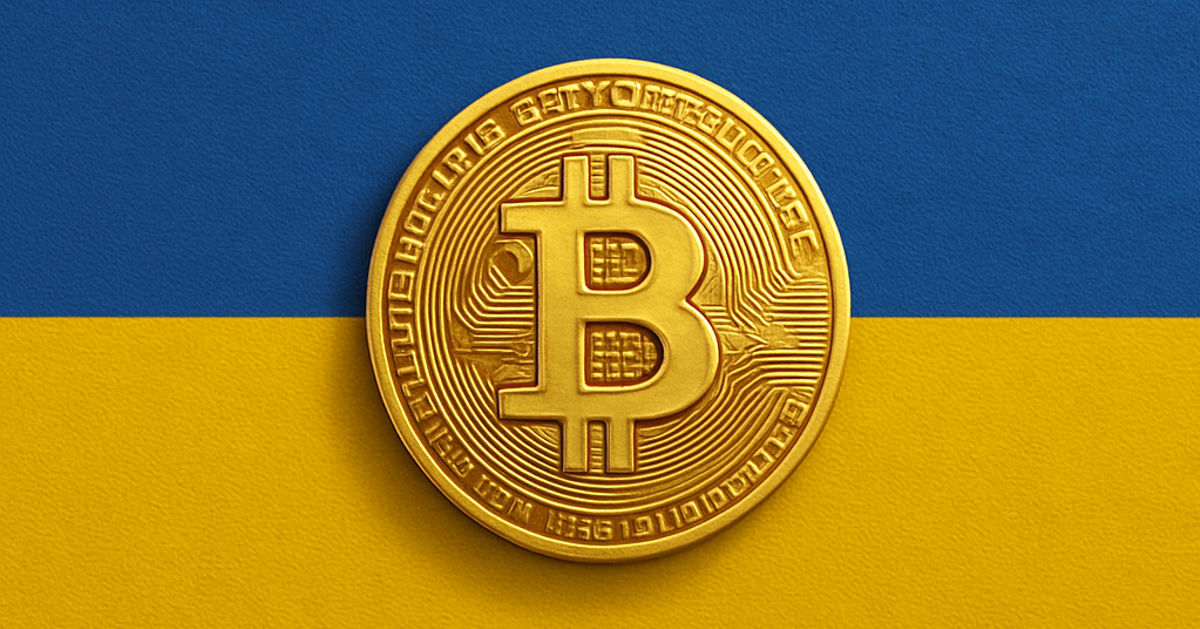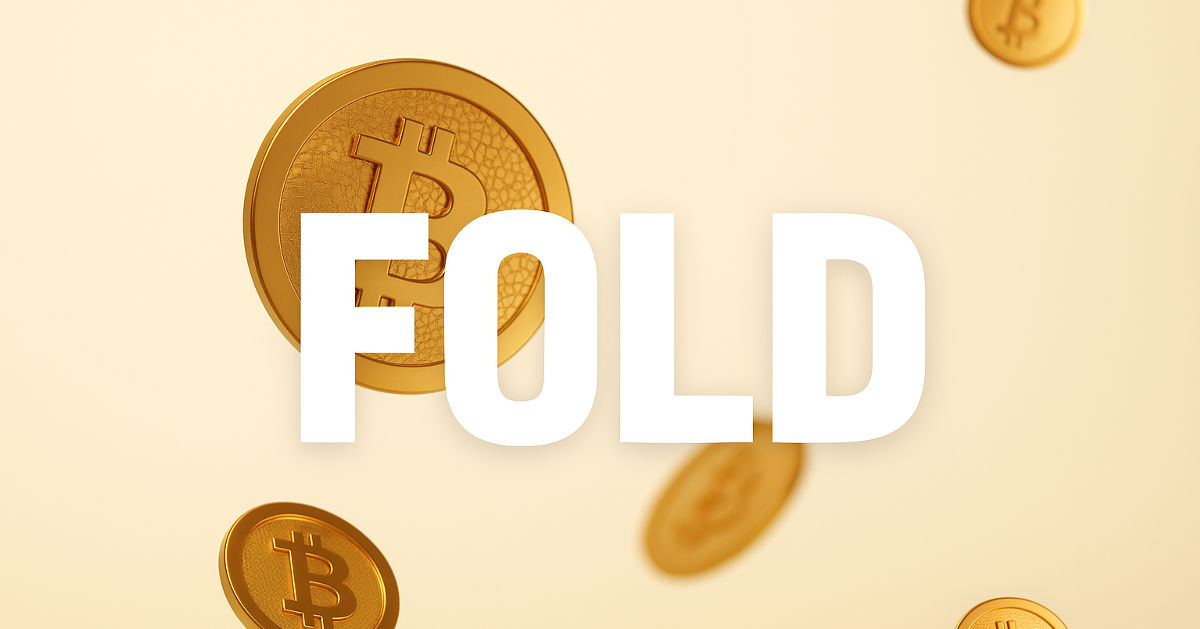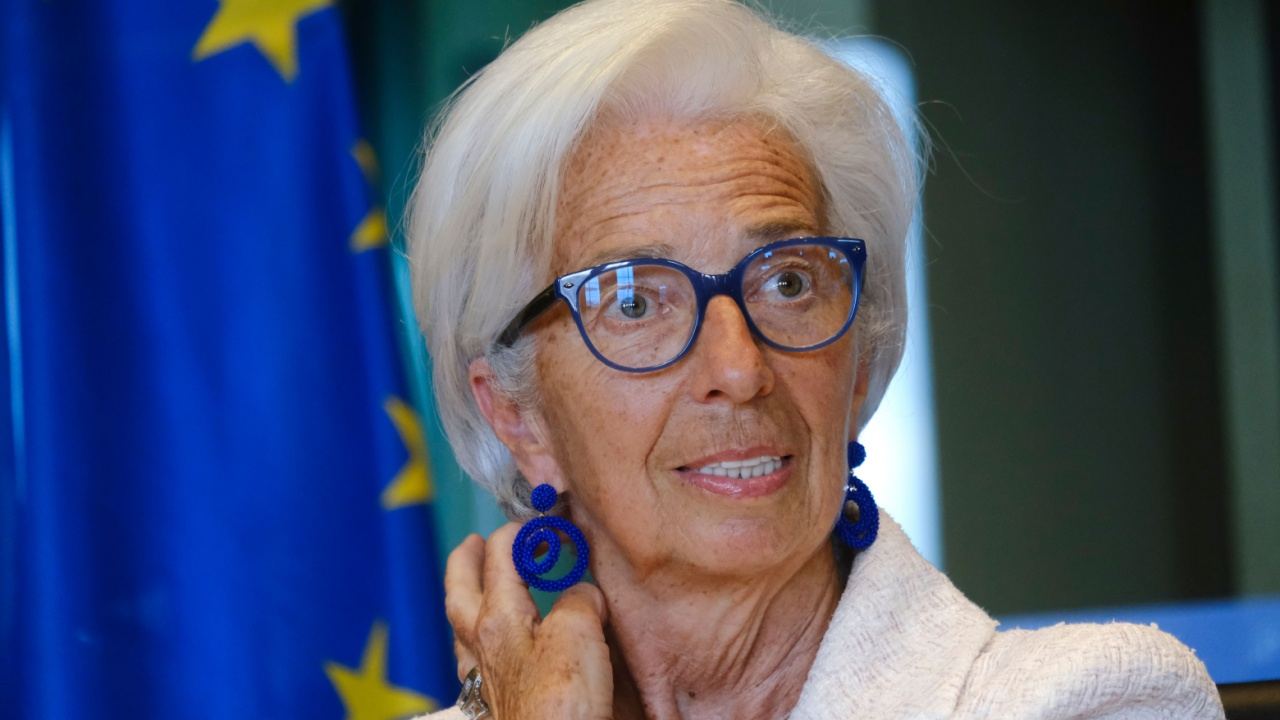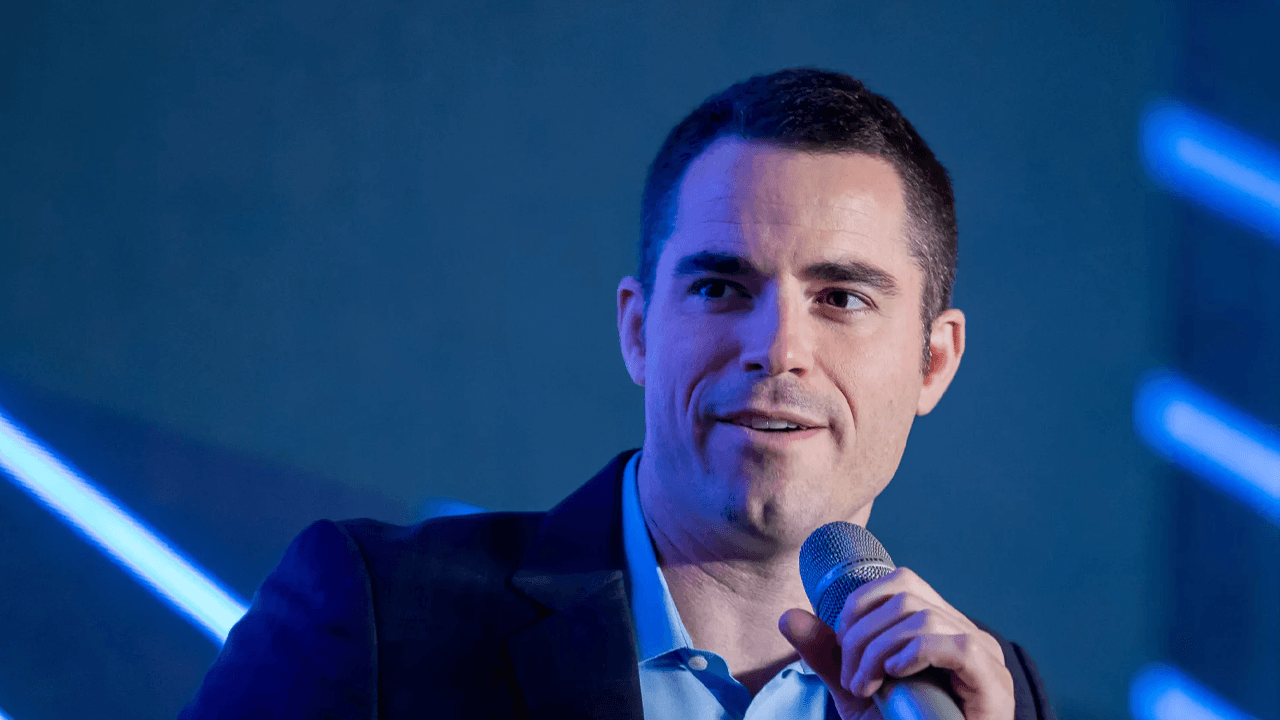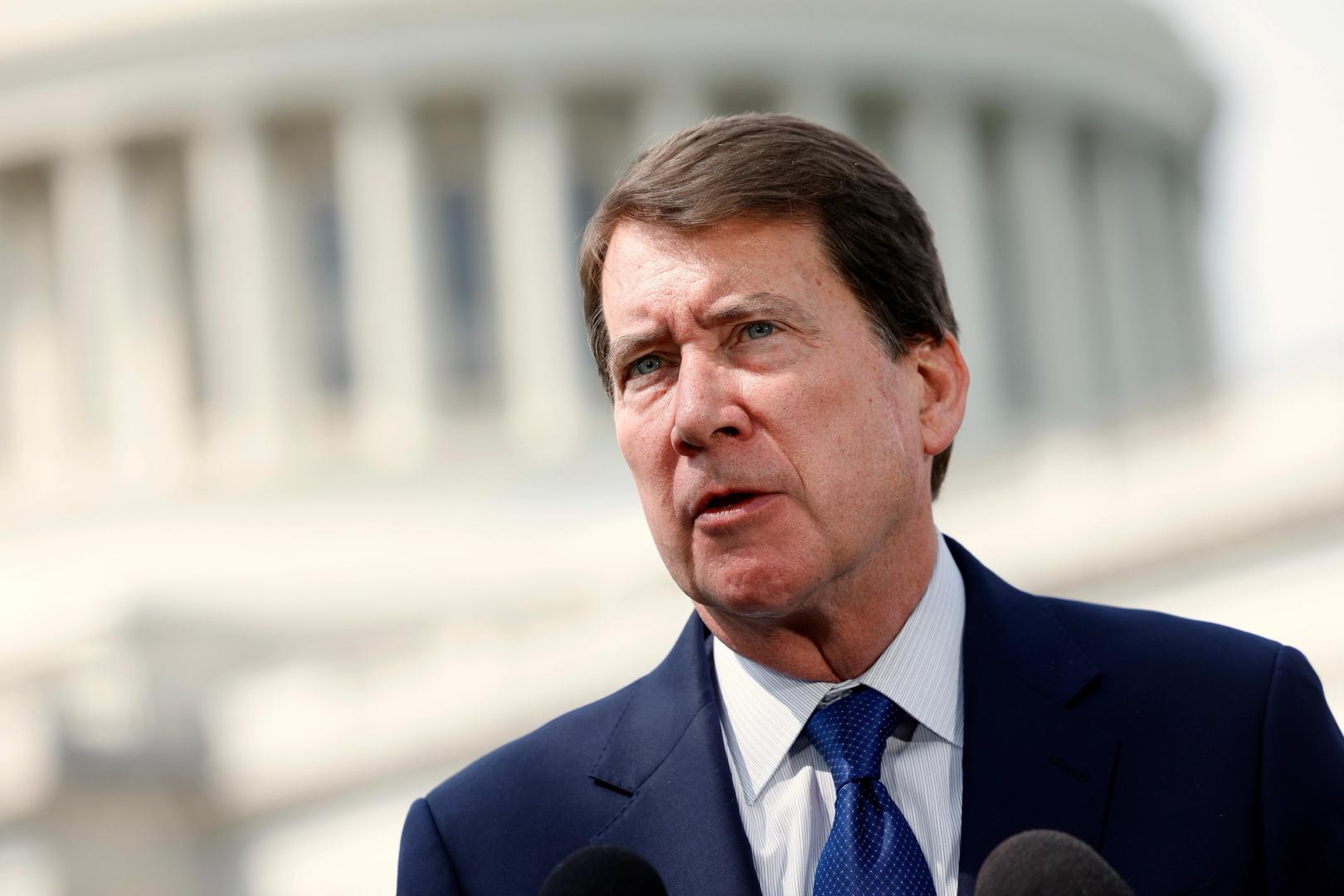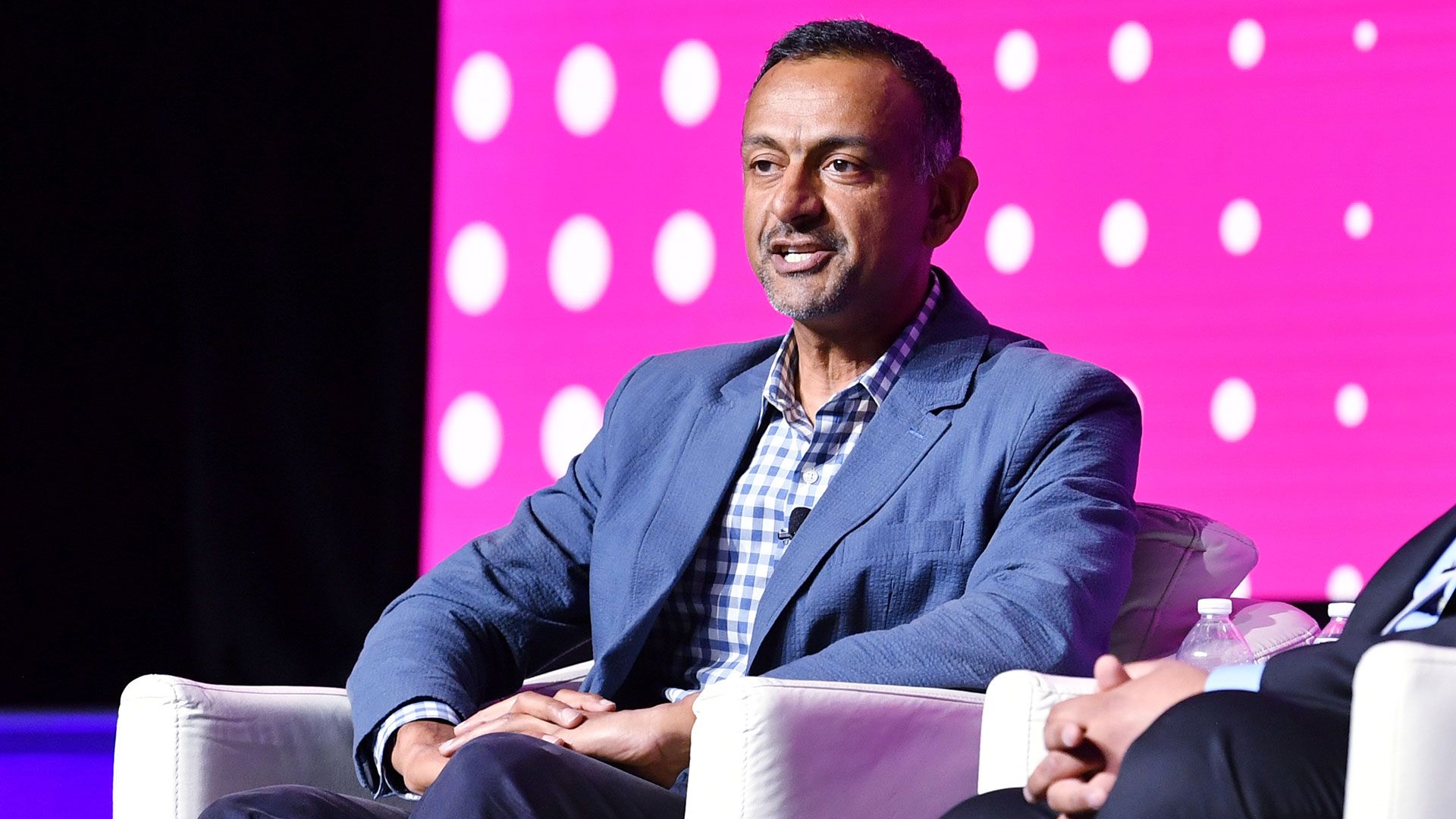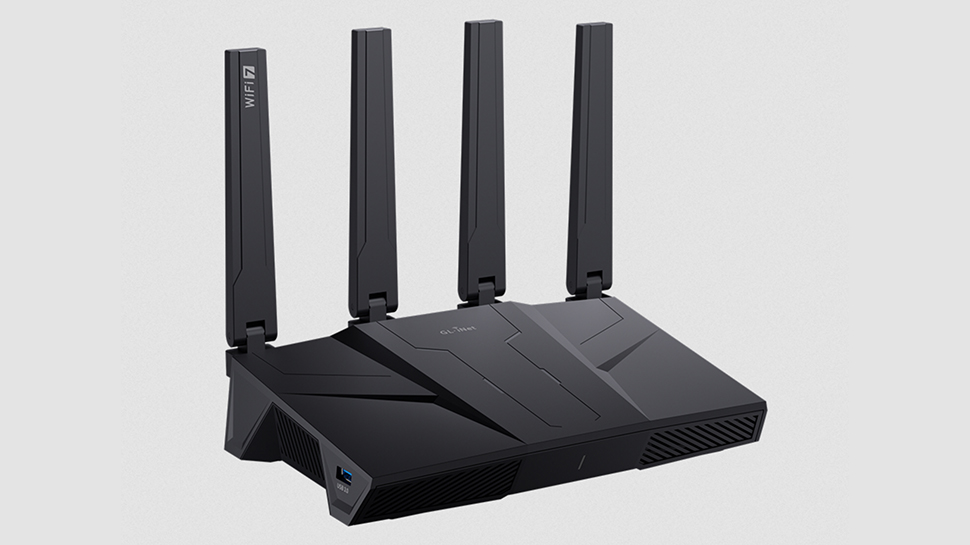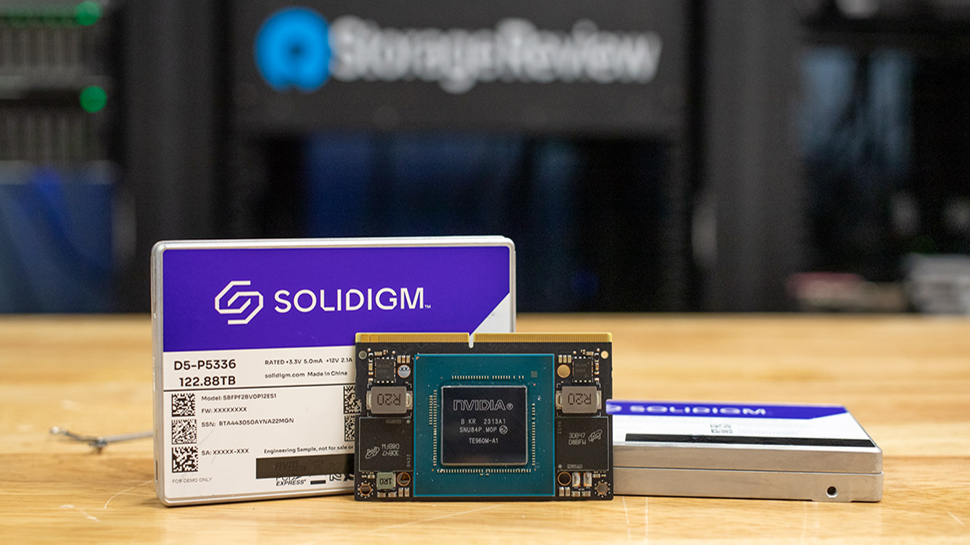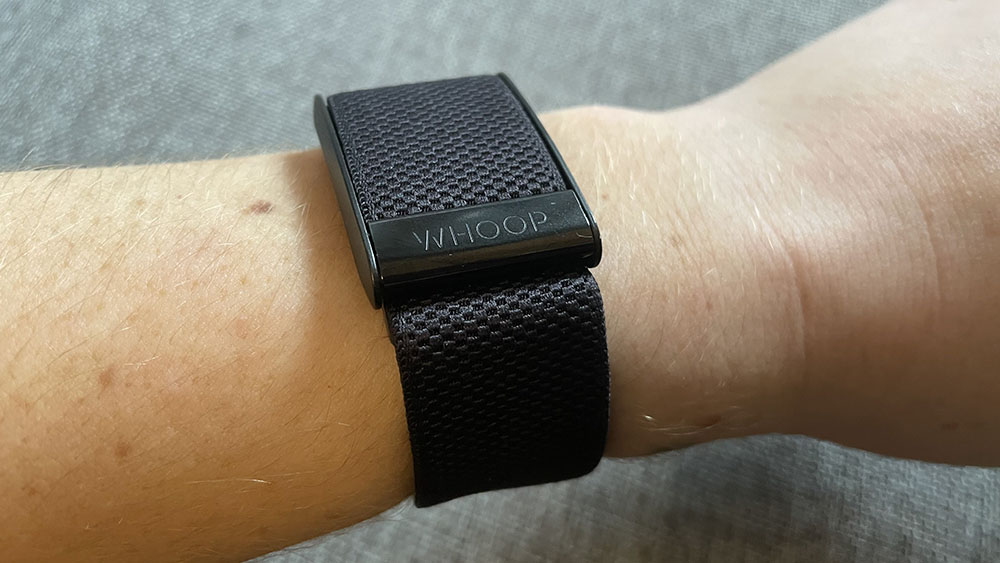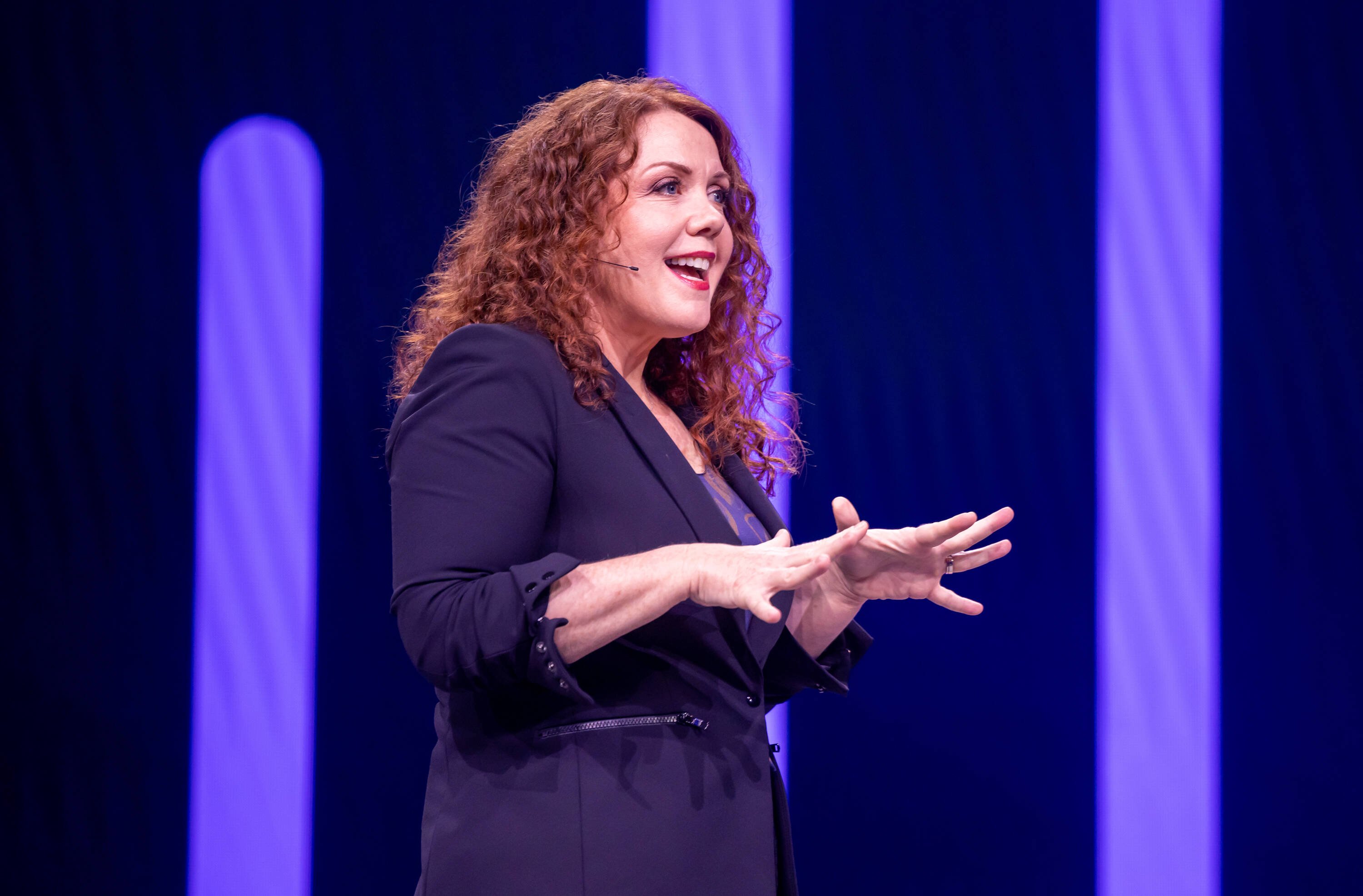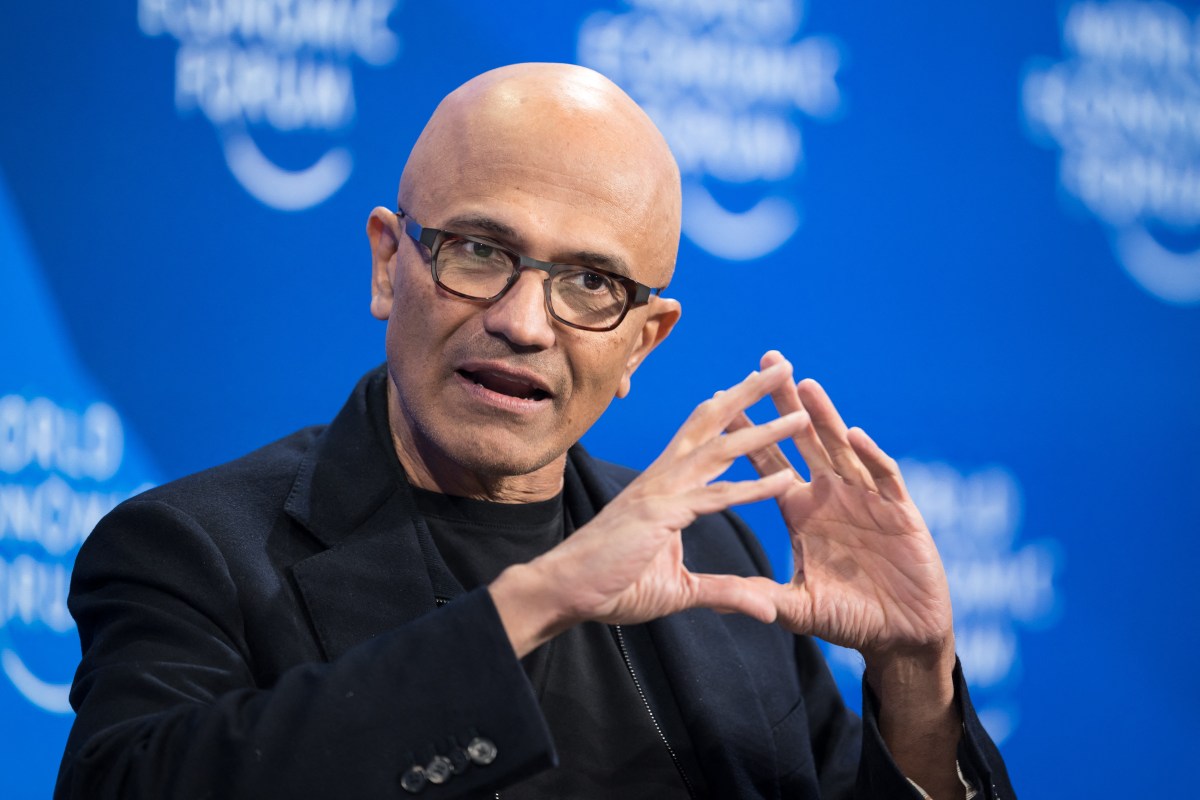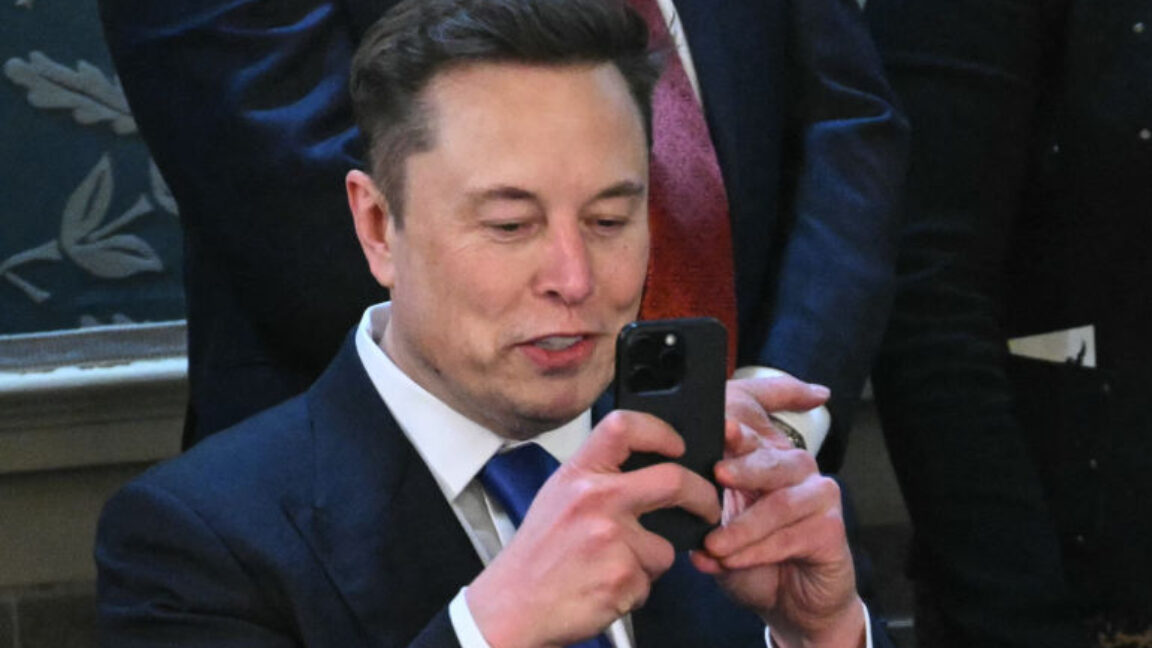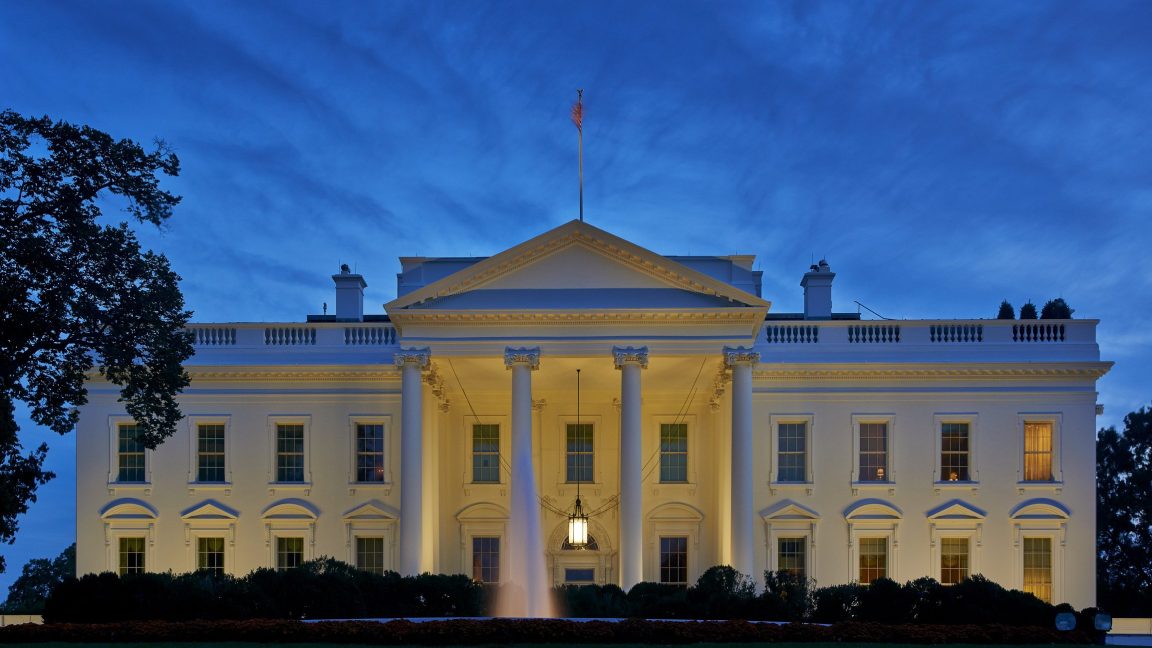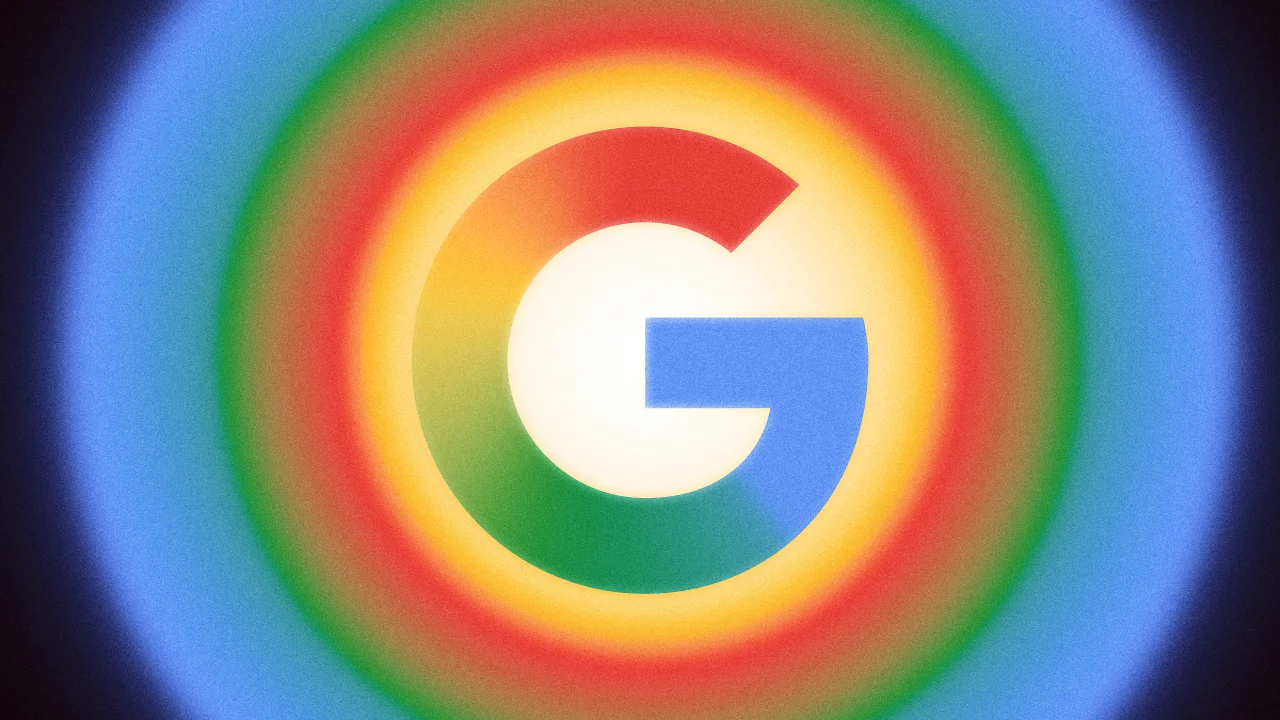WhatsApp’s new ad feature sparks backlash—and a golden opportunity for Signal
Meta’s decision to introduce advertisements into WhatsApp has reignited competition in the secure messaging space, giving rival app Signal a fresh opening to make a pitch for users. After the tech giant announced it would begin to include ads in WhatsApp’s Updates tab, which is used by roughly 1.5 million people per day, Signal president Meredith Whittaker took to X to lure users to her messaging tool: “Use Signal,” she wrote. “We promise, no AI clutter, no surveillance ads—whatever the rest of the industry does.” Use Signal. We promise, no AI clutter, no surveillance ads—whatever the rest of the industry does. We lead we don’t follow❤️ pic.twitter.com/11naKMBLlw— Meredith Whittaker (@mer__edith) June 17, 2025 Signal and WhatsApp have long competed to attract encryption-minded users. Meta’s promises that its new WhatsApp ad features would be implemented “in the most privacy-oriented way possible,” have done little to quell doubts. Max Schrems, a data privacy advocate who runs the European non-profit Noyb, warned that with the addition of ads Metawas blatantly ignoring EU privacy laws. “Meta seems to follow the approach by the Trump administration and simply ignores EU rules as somehow ‘illegitimate,’” he wrote in a blog post. “European regulators urgently need to take clear action.” Privacy concerns overMeta’s data practices reached a fever pitch in 2018 with the Cambridge Analytica scandal. In 2021, WhatsApp saw another wave of users migrate to Signal after a privacy policy update allowed for increased data sharing with businesses and third-parties. Monday’s addition of ads raised more concerns. As Lena Cohen, a staff technologist at the Electronic Frontier Foundation told Fast Company this week, “the fact that Meta has promised that it’s adding ads to WhatsApp with privacy in mind does not make me trust this new feature.” Signal is adept at turning such moments into branding opportunities. Earlier this year, it saw a surge in sign-ups in the midst of the “Signalgate” national security crisis—when a journalist from The Atlantic was accidentally added to a private Signal group chat involving the highest levels of government that discussed, in real time, an imminent U.S. military strike—in part because it became part of the national discussion, but also because Signal ensured the story wasn’t spun to blame the app for the leak Whittaker has never hesitated to take a swing at WhatsApp and Meta, either. Earlier this year, in an interview with a Dutch newspaper, she discussed the app’s data collection, saying “It tells you exactly who you’re communicating with, at what time, how often, and where you are. You can derive so much from that. WhatsApp can link that information to Facebook, to Instagram and to payment data that they could buy into. Signal simply doesn’t have all that data.” Will Cathcart, WhatsApp’s head, denied that, saying his product used the same security protocol as Signal. (The war of words continued to escalate between the two for days to follow.) While Signal might have the guerrilla marketing upper hand, WhatsApp wins when it comes to scale. WhatsApp reportedly has roughly three billion monthly active users globally, and Signal has an estimated 40 to 70 million. Signal is a nonprofit and open-source platform, whereas WhatsApp has benefited from Meta’s resources and marketing muscle (advantages that aid in user growth but can also prompt suspicions). “Meta’s business model is based on collecting as much data as they can about people in order to sell highly targeted ads,” the EFF’s Cohen tells Fast Company. “The reason this new [WhatsApp] feature concerns me is that it creates yet another opportunity for Meta to abuse people’s private information.”
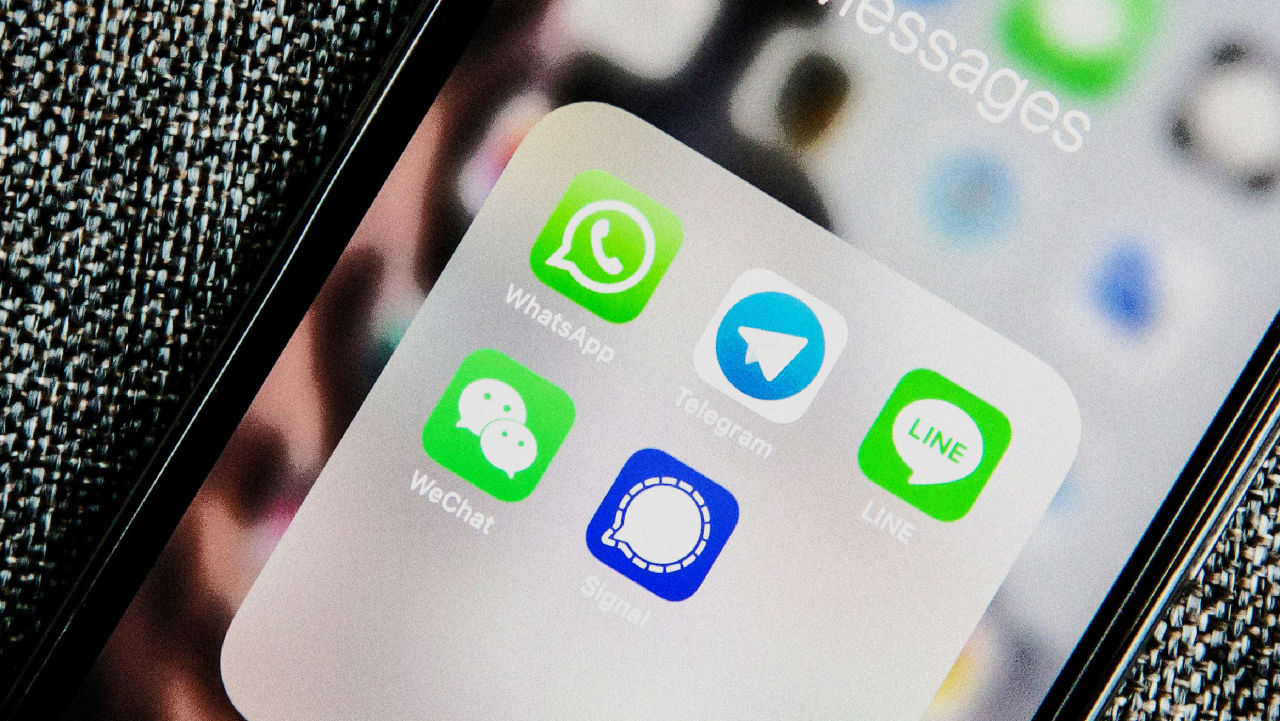
Meta’s decision to introduce advertisements into WhatsApp has reignited competition in the secure messaging space, giving rival app Signal a fresh opening to make a pitch for users.
After the tech giant announced it would begin to include ads in WhatsApp’s Updates tab, which is used by roughly 1.5 million people per day, Signal president Meredith Whittaker took to X to lure users to her messaging tool: “Use Signal,” she wrote. “We promise, no AI clutter, no surveillance ads—whatever the rest of the industry does.”
Signal and WhatsApp have long competed to attract encryption-minded users. Meta’s promises that its new WhatsApp ad features would be implemented “in the most privacy-oriented way possible,” have done little to quell doubts. Max Schrems, a data privacy advocate who runs the European non-profit Noyb, warned that with the addition of ads Metawas blatantly ignoring EU privacy laws. “Meta seems to follow the approach by the Trump administration and simply ignores EU rules as somehow ‘illegitimate,’” he wrote in a blog post. “European regulators urgently need to take clear action.”
Privacy concerns overMeta’s data practices reached a fever pitch in 2018 with the Cambridge Analytica scandal. In 2021, WhatsApp saw another wave of users migrate to Signal after a privacy policy update allowed for increased data sharing with businesses and third-parties.
Monday’s addition of ads raised more concerns. As Lena Cohen, a staff technologist at the Electronic Frontier Foundation told Fast Company this week, “the fact that Meta has promised that it’s adding ads to WhatsApp with privacy in mind does not make me trust this new feature.”
Signal is adept at turning such moments into branding opportunities. Earlier this year, it saw a surge in sign-ups in the midst of the “Signalgate” national security crisis—when a journalist from The Atlantic was accidentally added to a private Signal group chat involving the highest levels of government that discussed, in real time, an imminent U.S. military strike—in part because it became part of the national discussion, but also because Signal ensured the story wasn’t spun to blame the app for the leak
Whittaker has never hesitated to take a swing at WhatsApp and Meta, either. Earlier this year, in an interview with a Dutch newspaper, she discussed the app’s data collection, saying “It tells you exactly who you’re communicating with, at what time, how often, and where you are. You can derive so much from that. WhatsApp can link that information to Facebook, to Instagram and to payment data that they could buy into. Signal simply doesn’t have all that data.”
Will Cathcart, WhatsApp’s head, denied that, saying his product used the same security protocol as Signal. (The war of words continued to escalate between the two for days to follow.)
While Signal might have the guerrilla marketing upper hand, WhatsApp wins when it comes to scale. WhatsApp reportedly has roughly three billion monthly active users globally, and Signal has an estimated 40 to 70 million.
Signal is a nonprofit and open-source platform, whereas WhatsApp has benefited from Meta’s resources and marketing muscle (advantages that aid in user growth but can also prompt suspicions). “Meta’s business model is based on collecting as much data as they can about people in order to sell highly targeted ads,” the EFF’s Cohen tells Fast Company. “The reason this new [WhatsApp] feature concerns me is that it creates yet another opportunity for Meta to abuse people’s private information.”



